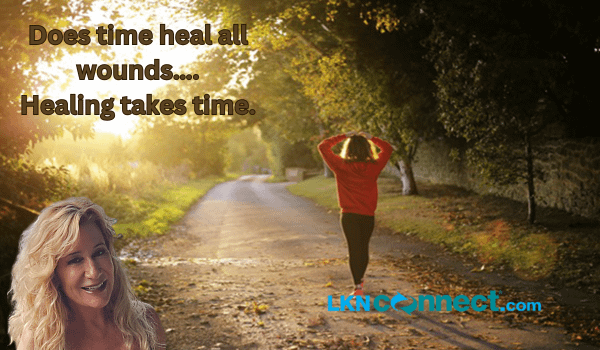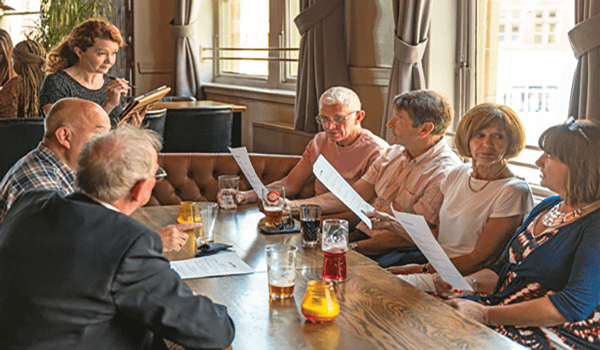Community News Day with Lake Norman Citizen
- News Friday & Lake Norman Citizen

Healing emotional wounds, understanding the process and finding support is part of the human condition, and for many, it marks a challenging and painful chapter in life. Whether it’s the aftermath of betrayal, the loss of a loved one, or the toll of a traumatic experience, the emotional scars can feel overwhelming. During such times, it’s easy to wonder if the pain will ever subside. We may have heard the saying, “Time heals all wounds,” but this sentiment, though well-meaning, doesn’t always offer comfort in the moment. The ache can feel all-consuming, leaving us uncertain about the future.
One of the most commonly offered pieces of advice in times of emotional distress is, “Give it time.” While time can be an essential part of healing, it isn’t a quick fix. Some wounds may take longer to heal than others, and the journey through recovery isn’t the same for everyone. Healing often occurs in stages, and each stage can vary in duration and intensity.
The challenge is that there is no “one-size-fits-all” timeline for emotional healing. You may hear others suggest that the pain will eventually fade, but this can sometimes feel like an oversimplification. Emotional wounds do not heal overnight, and the path toward healing is deeply personal. What’s important is that you begin the process and allow yourself the space to feel and process your emotions, rather than forcing yourself to “move on” prematurely.
As you navigate the emotional landscape of healing, you may come to a point where forgiveness—whether of yourself or others—becomes a necessary part of the process. Forgiveness doesn’t mean forgetting or excusing the hurt that was caused, but rather, it’s about releasing the grip that the pain holds on your life. When we carry resentment or unresolved hurt, it can continue to affect our emotional wellbeing.
Healing can also involve redefining your perception of the event or situation that caused the pain. Over time, the sharpness of the wound may dull, and you may begin to see things differently. This shift in perspective is often a crucial part of healing and personal growth. The goal is to move forward—not to erase the past, but to integrate it into your life story in a way that allows you to live with peace.
You may have asked yourself, “Why does this hurt so much?” Emotional pain is often linked to deep feelings of loss or betrayal. The pain of losing a loved one or being hurt by someone you trust can feel particularly intense because these events are tied to fundamental emotional needs. The loss of connection, security, or a sense of belonging can leave us feeling vulnerable and unsettled.
In some cases, the emotional wound might be triggered by sensory experiences—a smell, a song, or a familiar place—that bring back memories of the hurt. These reminders can intensify the emotional pain, even long after the event itself has passed. Understanding why the pain feels so intense can be helpful in managing it. It allows you to make sense of your emotional response and gives you the tools to process your feelings in a healthy way.

Perhaps one of the most difficult emotional wounds to heal is the pain caused by grief and loss. The death of a loved one, especially if it was unexpected or traumatic, can leave a hole in your life that feels impossible to fill. This kind of wound is particularly difficult because the person you’ve lost cannot be replaced. Over time, however, the sharpness of the grief may ease, though the sadness will likely remain in some form.
Healing emotional wounds is a deeply personal process that requires time, patience, and self-compassion. While “time heals all wounds” may not be entirely true, it is a helpful reminder that emotional recovery is a journey, not a destination. Whether you seek support through online therapy, self-reflection, or the guidance of loved ones, know that healing is possible. By identifying the source of your pain, allowing yourself to grieve, and seeking help when needed, you can move toward a place of peace and emotional balance.
Monica Lucia is the Author of the book The Final Chapter, the Founder of Widow’s Den, and the Founder of The Sisterhood of LKN. She holds two patents and is a successful entrepreneur. She is currently a Grief Support Counselor at Raymer- Kepner Funeral Home.